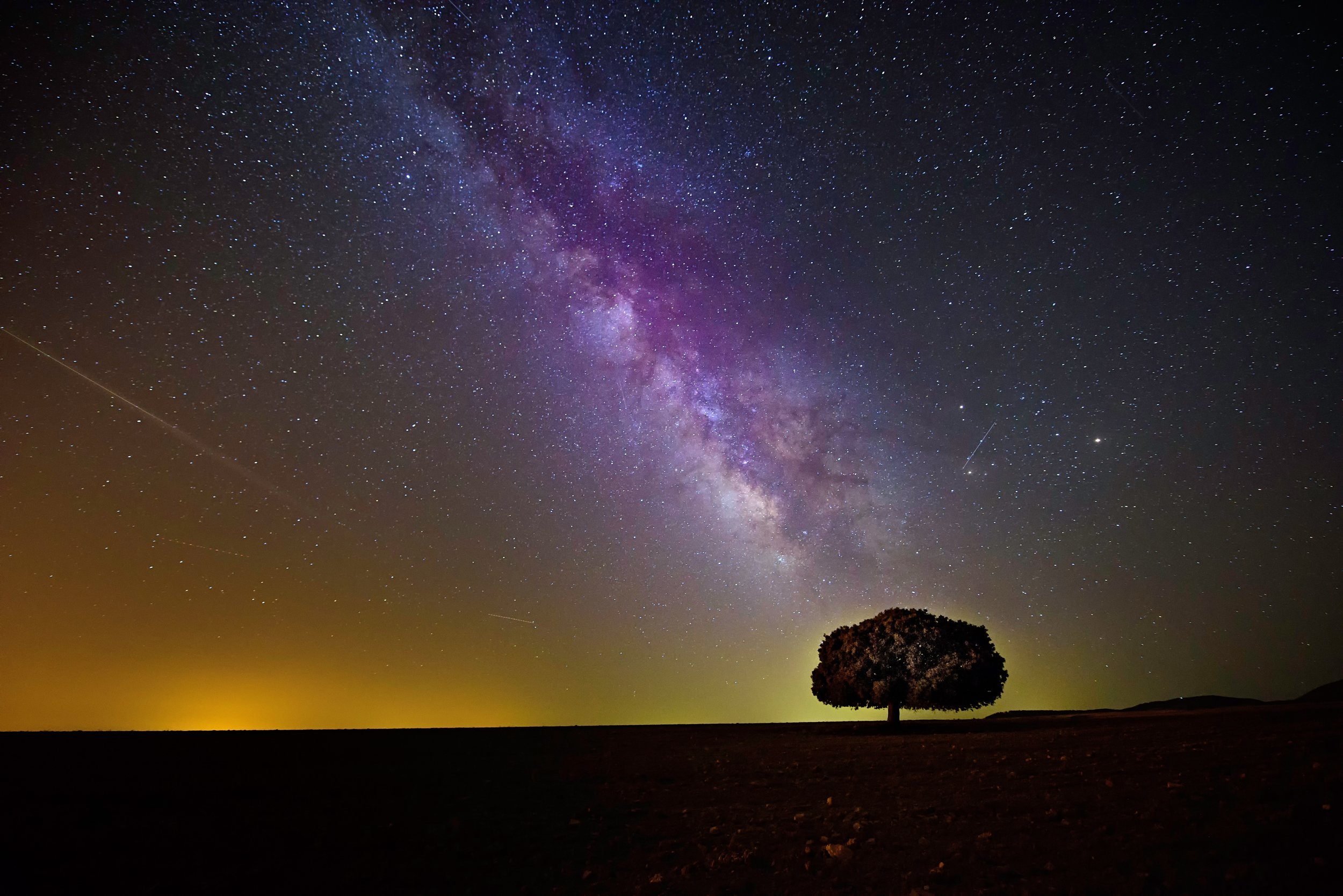Being Fearless: How to tell the difference between instinct and intuition.
Our instincts teach us how to survive, our intuition teaches us how to live.
There are times when we sit back and reflect on our actions, our emotions and our feelings. We question our conduct; did we make the right choices? Hundreds of different thoughts manifest, telling us what to do and what not to do, triggering emotions which in turn activate chemical reactions within us. Many answers to the same exact question arise. Often, only one of those answer is the correct one. But how do we recognise which one it is? Some say its instinctive; but this is wrong. It is in fact intuitive.
Instinct comes from the Latin word instinctus, which means impulse. It’s a biological response, an unconscious conduct usually based on survival. Wild animals are the most instinctive, because they are always aware their life is in a constant state of threat. Intuition comes from the Latin intuitio, which means contemplation. It is based on everything we have ever experienced in life, even if we’re not aware of it.
Instinct relates to the physiological, whereas intuition relates to the mind, emotions and the acquisition of knowledge. Unless we’re in a physically threatening situation, we should avoid following our instincts, since their basis is fear, and they’re mainly concerned with survival. The basis of intuition is harmony and peace, that our life be joyous and prosperous. Seen in another way, our instincts teach us how to survive and our intuition teaches us how to live.
how do we learn how to develop and recognise our intuition?
The first step is to take charge of ourselves and face our fears. What are our fears? That we may lose a job? The loss of a loved one? That we may not attain all that we desire? Face those fears, no matter what they are. Sit down, close your eyes and observe those fears. What would it be like if I lost my job? If that’s my biggest fear, then I should visualise me losing my job. Whatever it is that fills you with anxiety and stress, face it. Meditate upon it, and eventually you will conquer it. We must learn how to face our fears within us, without our heart-rate altering, without the depth of our breath changing, all whilst maintaining a smile on our face.
The next step, is to realise, all our fears are imaginary future events. Even if they are based on some past experience, what we fear is for it to happen again. We fear events that have not taken place, that are mere possibilities. They don’t exist. Realise your fears are an illusion.
Only when our fears decrease can intuition really be expanded. It is only at this point, that our capacities of discrimination, analysis and judgement carry any value. This essentially represents the close relationship between Ajna (sixth) and Mooladhara (first) Chakras. Many practitioners chase hidden psychic abilities in their practices, which may or may not be real. However, a real yogi remains grounded and realistic. After all, if there is a possibility of acquiring hidden powers, being fearless may be the greatest of them all.


